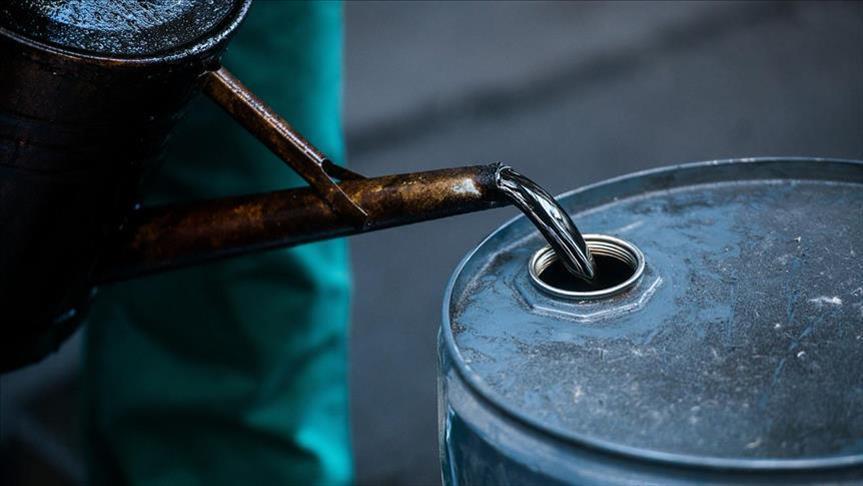ASTANA – Tengiz and Kashagan oilfields have been key drivers of Kazakhstan’s oil production, with Tengiz contributing 25.9 million tons and Kashagan producing 15.8 million tons in the first 11 months of 2024, representing 97.9% and 92.8% of last year’s output, respectively, the Kazakh Energy Minister Almassadam Satkaliyev reported at a government meeting on Dec. 17, according to the Prime Minister’s press service.

Photo credit: Anadolu Ajansı.
The decrease in production was primarily due to major repairs at large fields. Tengiz underwent a 50-day repair for the Future Growth Project, while Kashagan replaced its slug catcher, causing a 21-day shutdown. Additional factors included unscheduled shutdowns at Karachaganak, gas intake restrictions at the Orenburg Gas Processing Plant, and maintenance on the Caspian Pipeline Consortium.
As a result, total oil production is projected to reach 87.8 million tons by the end of the year. Despite falling short of the planned production target, oil exports totaled 63.2 million tons or 98.3% of last year’s figure.
Kazakhstan’s total oil and condensate production reached 80.5 million tons in the first 11 months of 2024, achieving 98% of last year’s volume for the same period.
Gas and petroleum production
Gas production totaled 53.8 billion cubic meters, exceeding last year at 100.2%. Exported commercial gas reached 5.4 billion cubic meters (101.9%), while domestic consumption rose to 18.2 billion cubic meters, fulfilling 109% of last year’s figure. Liquefied petroleum gas production amounted to 2.75 million tons (103%).
Petroleum product output hit 12.3 million tons (101.7%), with motor gasoline and diesel fuel reaching 4.9 million tons, representing 102.1% and 104.3%, respectively, compared to last year. Aviation fuel production rose significantly by 21.4% to 0.68 million tons.
“A joint order of the ministries of energy, finance and the National Security Committee is currently in effect, which imposes a ban on the export of gasoline, diesel fuel, and other certain types of petroleum products by road transport outside the country,” Satkaliyev noted.
Petrochemicals and electricity
Meanwhile, petrochemical production grew 1.6-fold to 506,100 tons. Electricity generation reached 106.7 billion (104.7%) kilowatt-hours (kWh). Renewable energy facilities contributed 6.4 billion kWh from a total installed capacity of 2,900 megawatts across 148 facilities.
